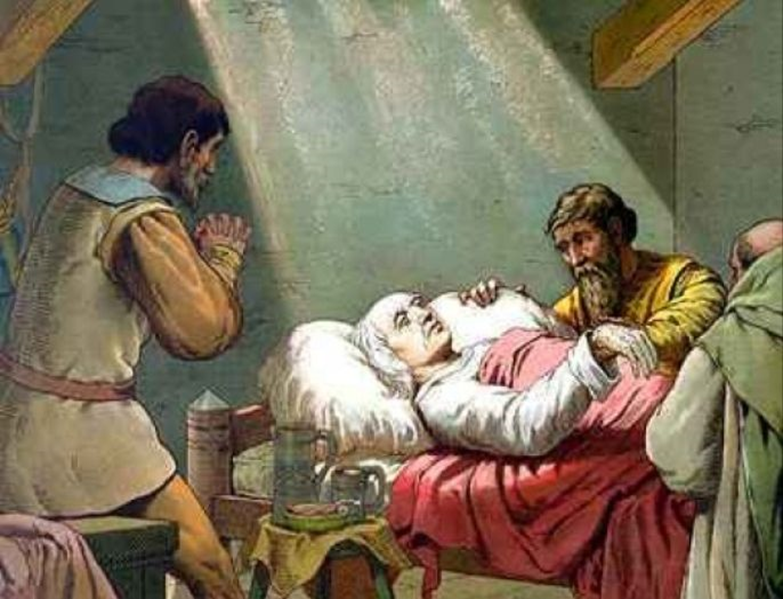Fasting in civilizations and cultures.. The Greeks fasted for contemplation and self-treatment

Muslims around the world celebrate the advent of the blessed Ramadan, as the holy month witnesses the performance of the obligation of fasting, one of the most sacred Muslim rituals, an obligation, and one of the five pillars of Islam, as millions of Muslims gather daily throughout the blessed month of Ramadan to perform the obligation of fasting, obedience to God, and Tarawih prayers.
A number of other civilizations and cultures preceded Muslims in fasting, and each civilization had its own rituals imposed on it by its environment. Perhaps the most prominent of these civilizations was the Greek civilization, the cradle of philosophy in the world.

According to the book “Al-Rayyan on the Concept of Interreligious Fasting: Scientific - Health-Medical - Psychological Perspectives” written by Hamad bin Ali Al-Safyan, many ancient civilizations, but fasting among the ancient Greeks, was distinctive because it united them in an incubating environment characterized primarily by philosophical thinking, and therefore in In Greek literature, I find that the great philosophers were fasting. Socrates fasted a lot and Hippocrates as well.
The aforementioned book indicates that Greek fasting was distinctive because it found an incubator characterized by philosophical thinking, essentially, and therefore in Greek literature the great philosophers appear as fasting. Socrates used to fast and Hippocrates also, as the latter advised the Greeks not to resort to material medicine, except in The last stage of recovery. In ancient Greece, it was believed that a day of fasting was better than taking medication, according to what the historian Herod indicated.
Hippocrates advised the Greeks not to resort to physical medicine except at the last stage of recovery. In ancient Greece, it was believed that a day of fasting was better than taking medication, according to what the Greek historian Herod indicated. Likewise, distinguished men such as Socrates, Plato, and Pythagoras would deliberately fast to reach the peak of mastery. Mental and getting rid of the tyranny of the body, they were concerned with fasting for health, psychological, physical and intellectual reasons.

For Wordorth, the famous Greek historian, fasting was linked to the machine. Fasting was for the purpose of bringing growth, trees, and water, and for drought and barrenness. As for Pythagoras, he believed that fasting was an intellectual, spiritual, and physical force. Therefore, some ancient philosophers resorted to fasting for several continuous days during the year, and they counted fasting during specific times. The best way to educate and refine the soul so that it can endure the arduous and difficult aspects of life. Pythagoras fasted for forty days, and he was convinced that fasting helps intellectual processes. Both Socrates and Plato fasted for ten days.
Source : websites

